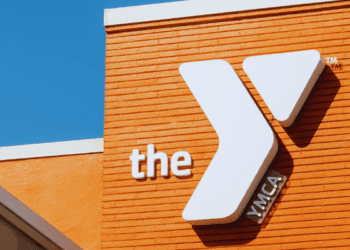Whereas it is well established that Aboriginal people are among Canada’s most impoverished and vulnerable populations;
Whereas education is a powerful contributor to improved economic and social well-being and individual empowerment;
Whereas Aboriginal youth continue to lag significantly behind the rest of Canada in terms of the completion of secondary and post-secondary education;
Whereas Canada’s current programs aimed at getting more Aboriginal youth into post-secondary education are not meeting their goals;
And whereas this policy paper is non-political and its sole purpose is to provide common sense solutions to address this issue;
We, the co-signatories of this statement, urge that policy toward Aboriginal post-secondary education should be guided by the following principles and goals:
- Treaty rights must be respected, but the ultimate goal of those rights is to promote the interests of individual Aboriginals;
- The federal government must remain committed to the principle of “Indian control of Indian education,” and the best way to do this is to empower individual Aboriginals;
- Money intended to support Aboriginal post-secondary education should only be spent for that purpose;
- Current levels of federal funding for Aboriginal post-secondary education should be maintained if not increased;
- Federal funding must be disbursed in a manner that is equitable, open, transparent and accountable;
- Federal funding must be available on the same basis to all Registered Indian students;
- The best way to achieve these goals is to ensure that the funds are controlled by individual students and that the funds may only be spent on bona fide post-secondary education;
- Funding for Aboriginal post-secondary education should include economic incentives for young Aboriginals to complete secondary and post-secondary education;
- Getting young Aboriginals into work through higher education is in the interests of every segment of Canadian society in the context of population aging and projected labour shortages;
- Aboriginal education should be a priority for the Canadian nation since improvements there may be the most optimal expenditure to ensure its continued prosperity and competitiveness.
The Aboriginal Post-Secondary Savings Account (APSSA), a policy proposal put forward by Calvin Helin and Dave Snow in their paper “Free to Learn” for the Macdonald-Laurier Institute for Public Policy, meets all these criteria. We support the authors’ proposal to phase out the Government of Canada’s Post-Secondary Student Support Program (PSSSP) and replace it with Aboriginal Post-Secondary Savings Accounts at the earliest possible moment.
Senator Patrick Brazeau
Don Barraclough
Gayle Bedard
Glenn Hudson
Anita Keith
Caroline Krause
Ray Levesque
Joseph Quesnel
Gloria Raphael
Teresa Ryan
Jacquelyn Thayer Scott
Bernard Wilson
John Helin




